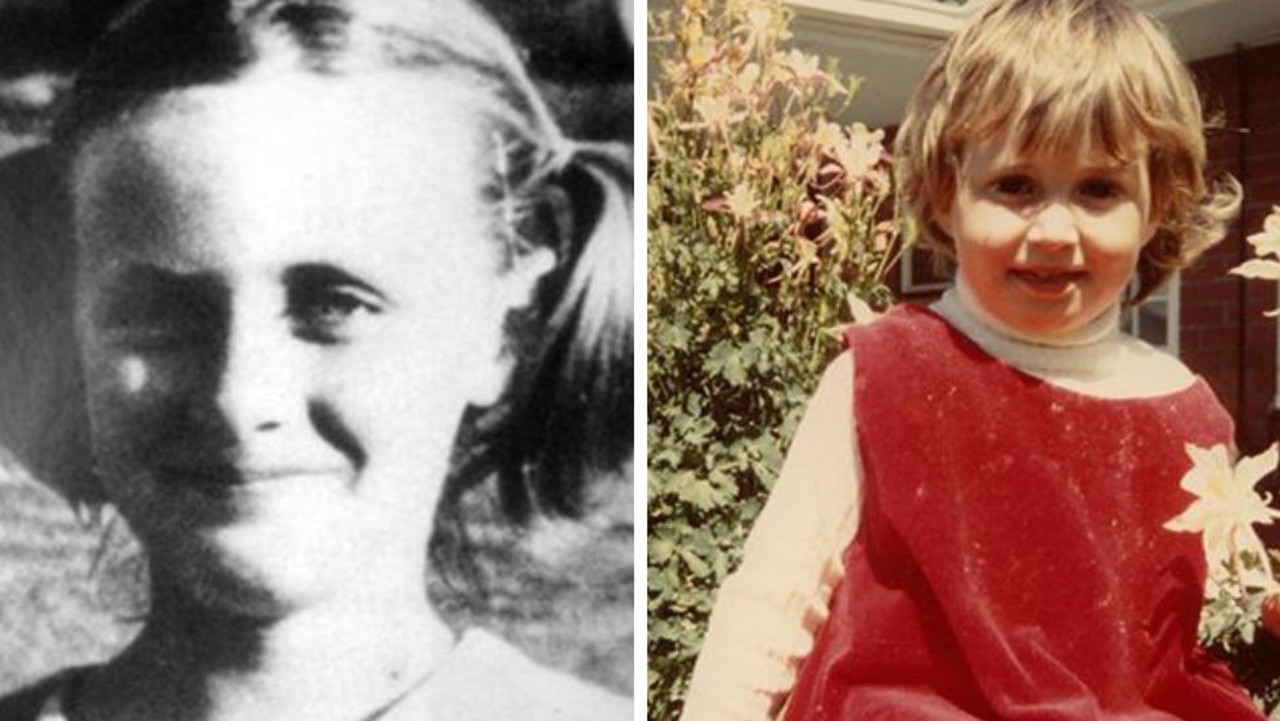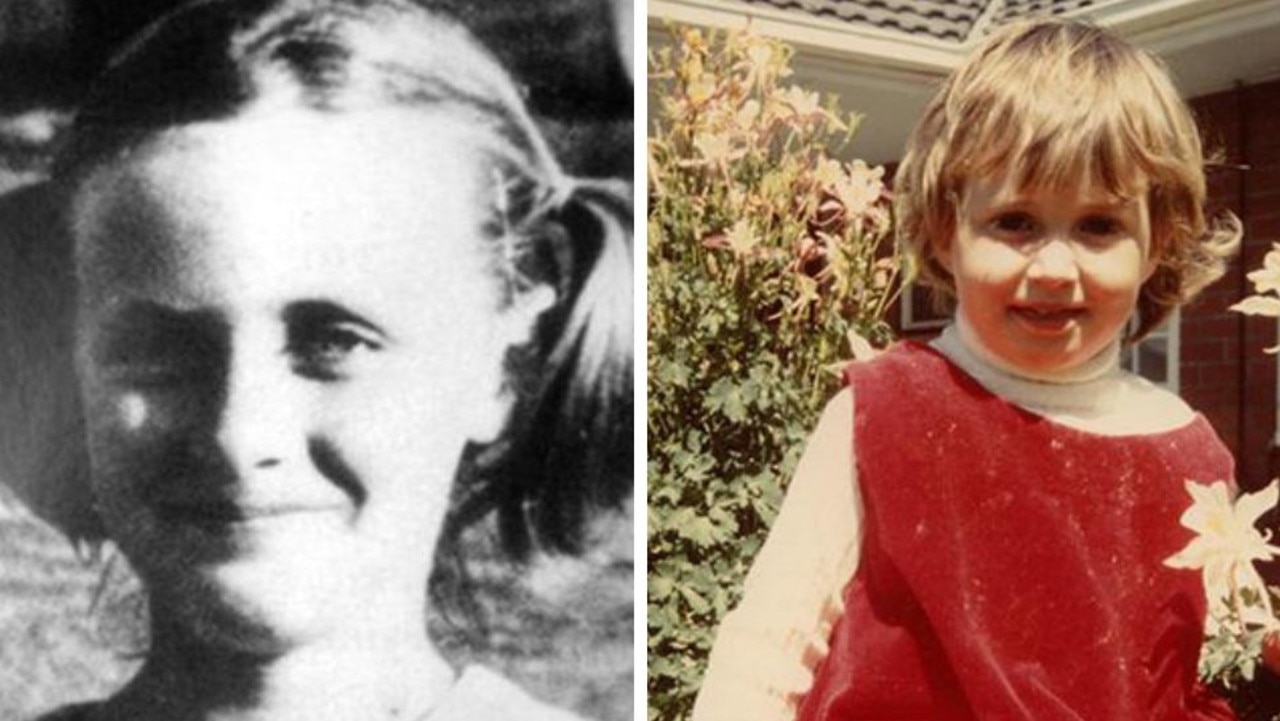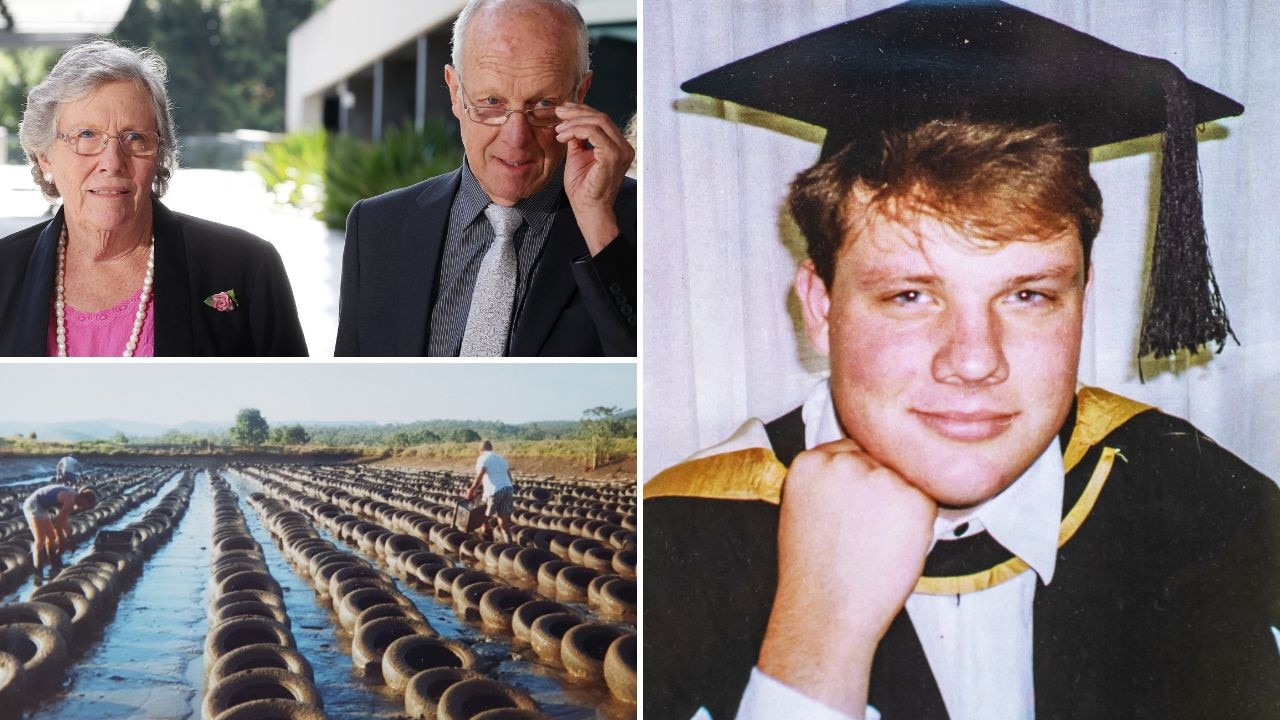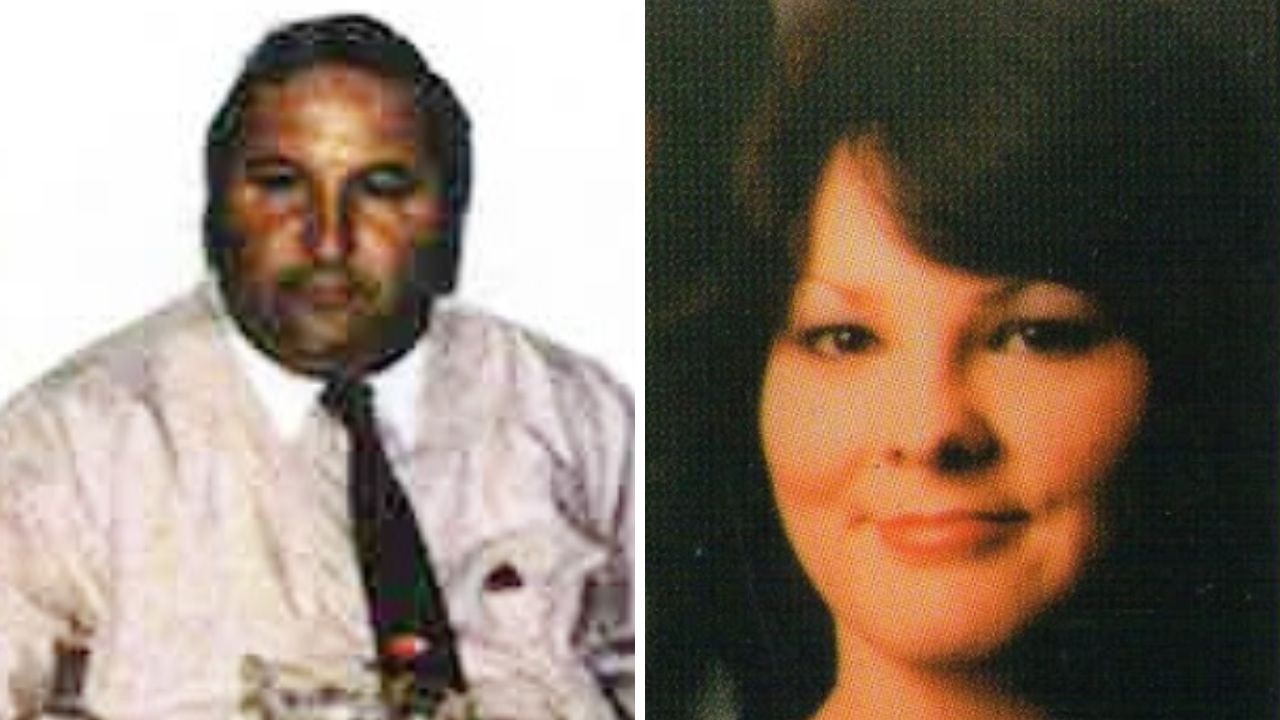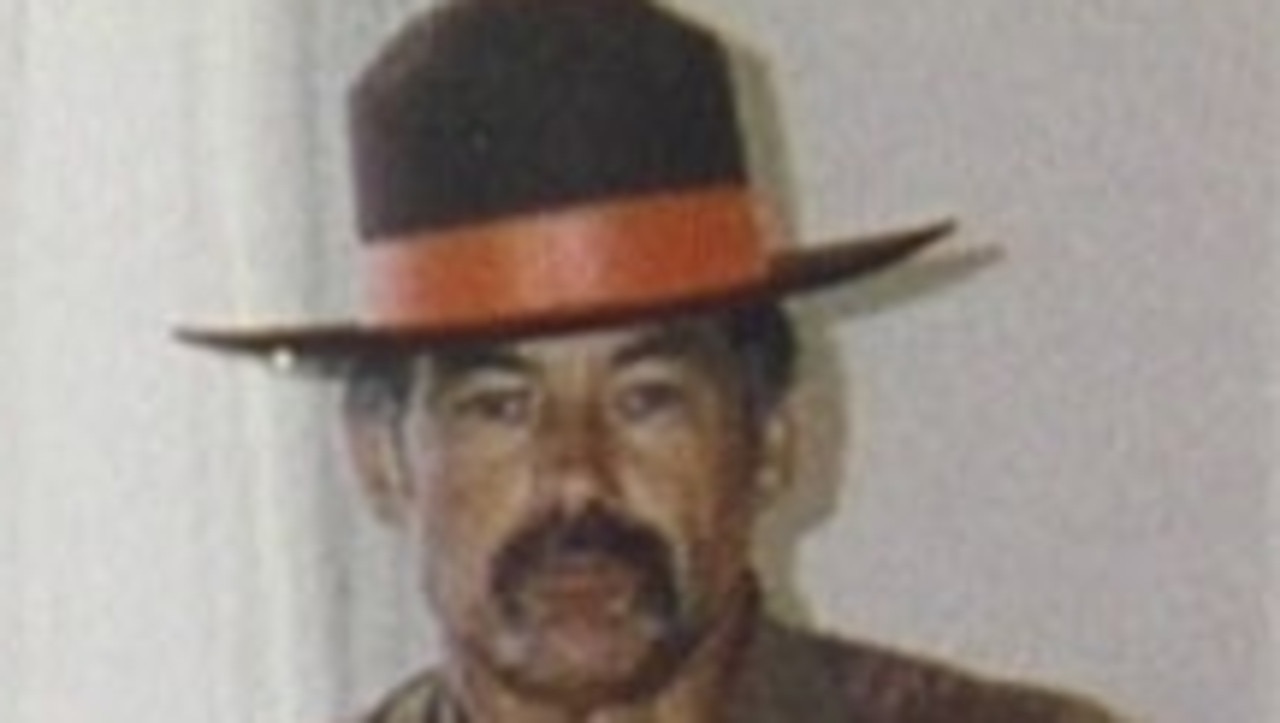Cheryl Grimmer cold case: Retired cop believes he’s uncovered fresh evidence
Retired detective Frank Sanvitale is tortured by the abduction of little Cheryl Grimmer 51 years ago, but now believes he has fresh evidence that could finally bring peace to her shattered family.
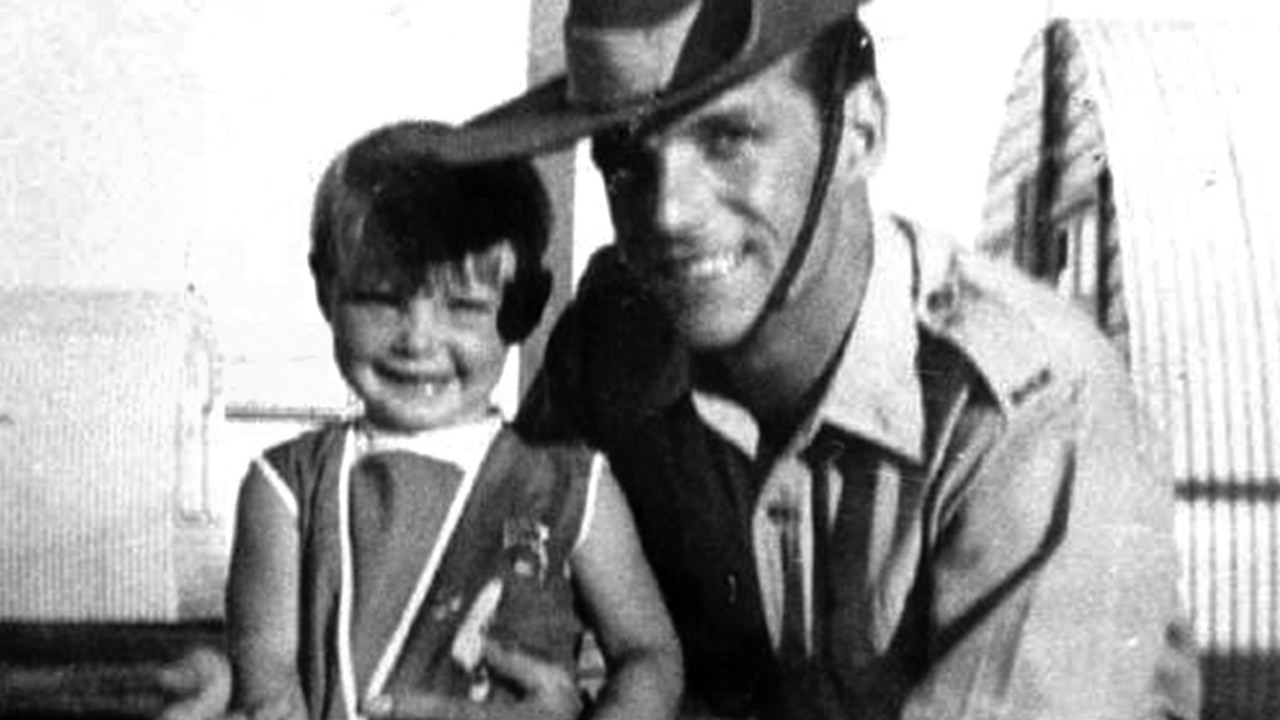
Cold Cases
Don't miss out on the headlines from Cold Cases. Followed categories will be added to My News.
It was the case that brought a seasoned homicide detective undone. Not because Frank Sanvitale had any doubts about his meticulous re-investigation of Cheryl Grimmer’s abduction 51 years ago, but because he was riddled with guilt that he gave her family false hope the man he charged with her murder would be convicted.
The case collapsed and the suspect walked free – but now, in his retirement, the former detective senior constable believes he has uncovered fresh evidence that could help police secure the long-awaited conviction.
“I don’t sleep. Cheryl comes to me at night,” Sanvitale says.
“This little blonde girl in her swimsuit holding out her hand to me. I can’t let this go. This case broke me. It was the last straw but I can’t let this go.”
Sanvitale spends hours a week hunting for fresh evidence, new leads, anything that will convince the Department of Public Prosecutions (DPP) to reopen the case and bring the suspect before the courts.
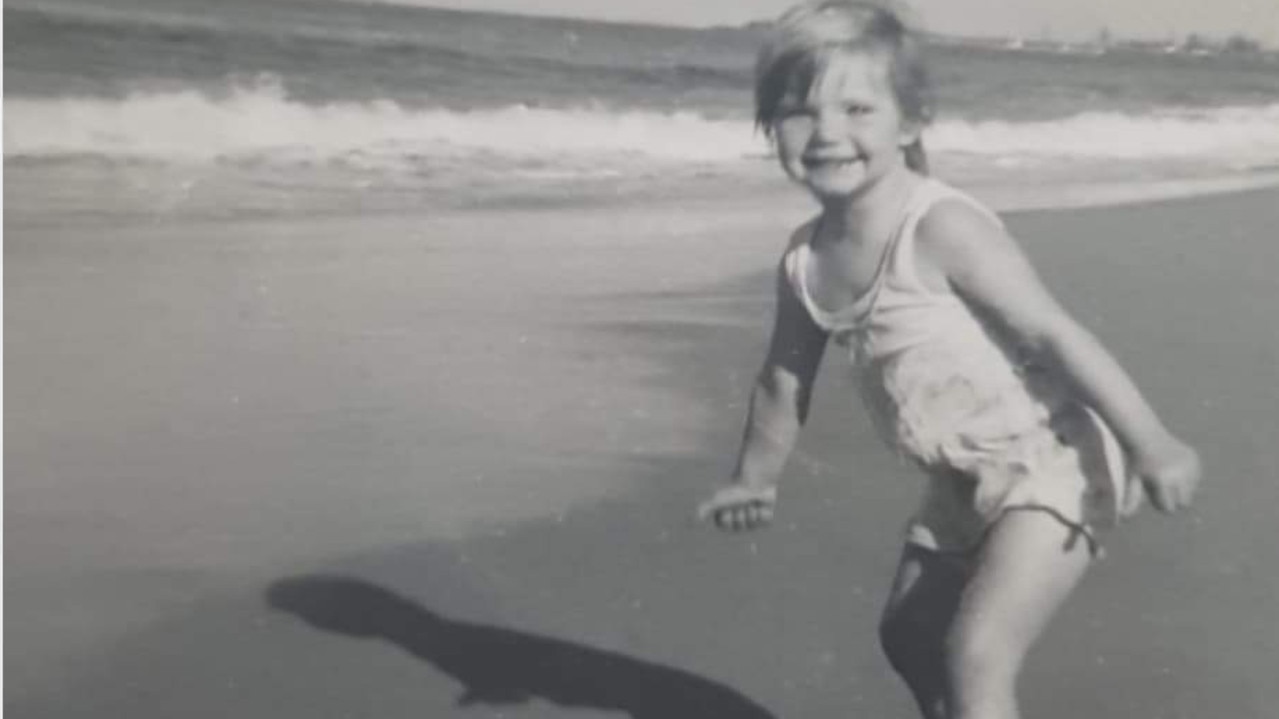
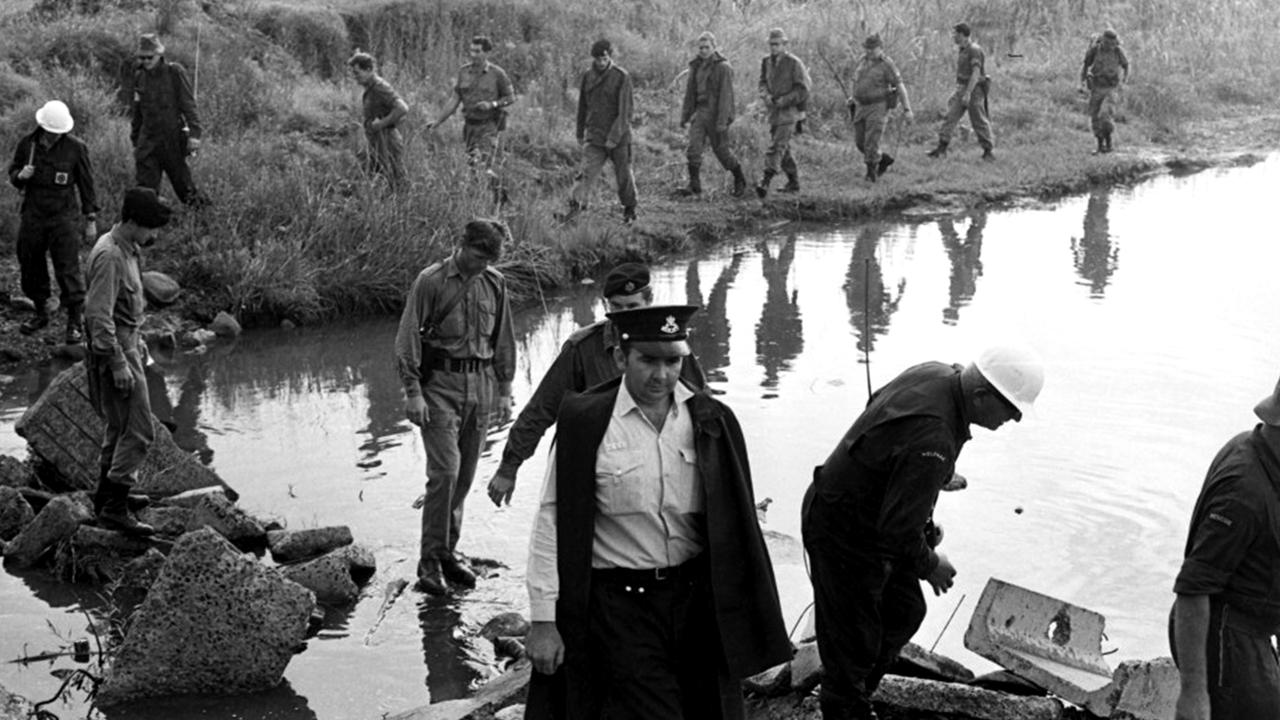
The Saturday Telegraph can reveal he presented fresh evidence to Detective Chief Inspector David Laidlaw of the NSW Unsolved Homicide Team on May 27, urging police to follow his leads.
For fear of hindering any new investigation, Sanvitale did not want the names of potential witnesses made public, but says they were close to the suspect and had relevant details about his behaviour around the time the toddler disappeared.
It is understood informants have told of the suspect being fascinated with the Grimmer cold case, showing them pictures on the internet of Cheryl, and talking about being in the Fairy Meadow beach area in the year she disappeared.
When he was first interviewed by Sanvitale he re-signed his confession that he made when he was 17.
“I want them to investigate. They need to look into this fresh evidence,” Sanvitale says.
“I know my investigation was all by the book, all done properly, and yet the suspect walked away twice.”
In his letter, Sanvitale expresses his frustration at the lack of urgency to solve the case: “It is very sad NSW Homicide have closed this case. I believe it can be solved if someone took some initiative. (I’ve) lost my faith in the NSW Police Force and our legal system expected better.”

Cheryl was just three years old when she went missing from the change room at Fairy Meadow Surf Club on January 12, 1970, after spending the day at the beach with her mother Carole and brothers Stephen, Paul and Ricki.
A search of the area by bystanders uncovered nothing. Despite a high-profile police investigation in the following months, no arrests were made and the case quickly went cold.
Years later detective senior constable Sanvitale took charge of the cold case and after months of trawling through old case files, statements, newspaper clippings and other evidence, Sanvitale and his partner found a confession in one of the dusty boxes. They built a case and arrested a suspect in 2017.
The man, who cannot be named for legal reasons, was charged with murder and extradited from Victoria.
Just as he was due to stand trial, the NSW Supreme Court found the confession he made when he was 17 years old during a police interview in 1971 was inadmissable.
He was again a free man and returned to Victoria to resume his life.
Justice Robert Hulme formed the view that admitting the confession into evidence would be unfair as the accused was more vulnerable than an average 17-year-old.
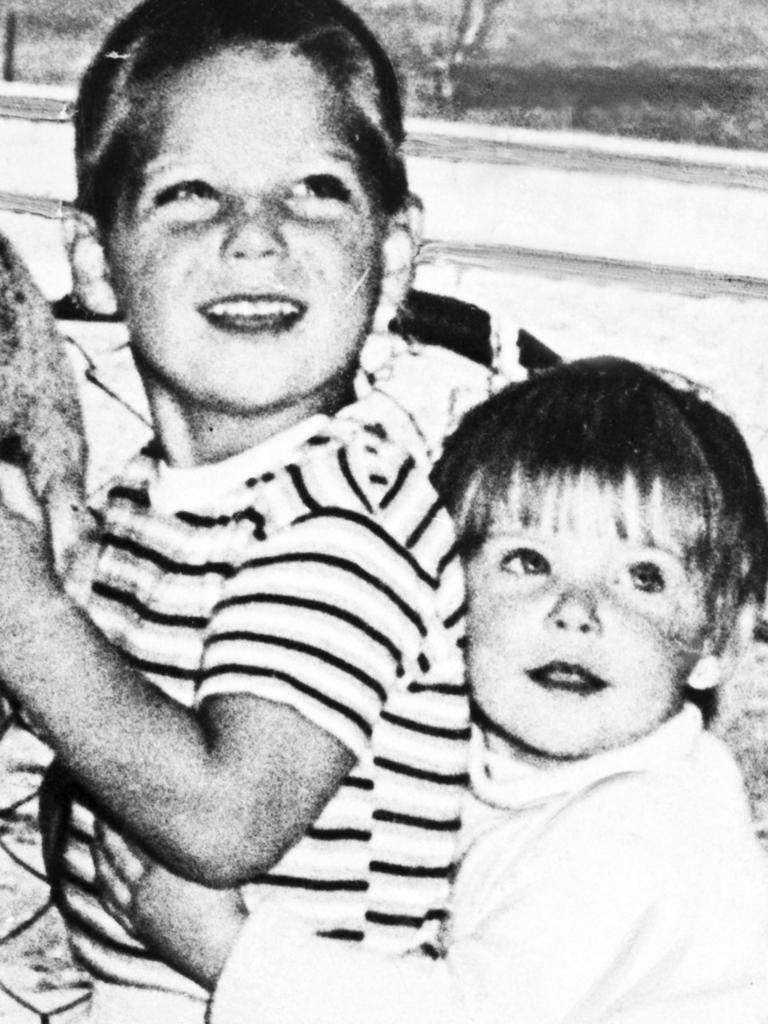
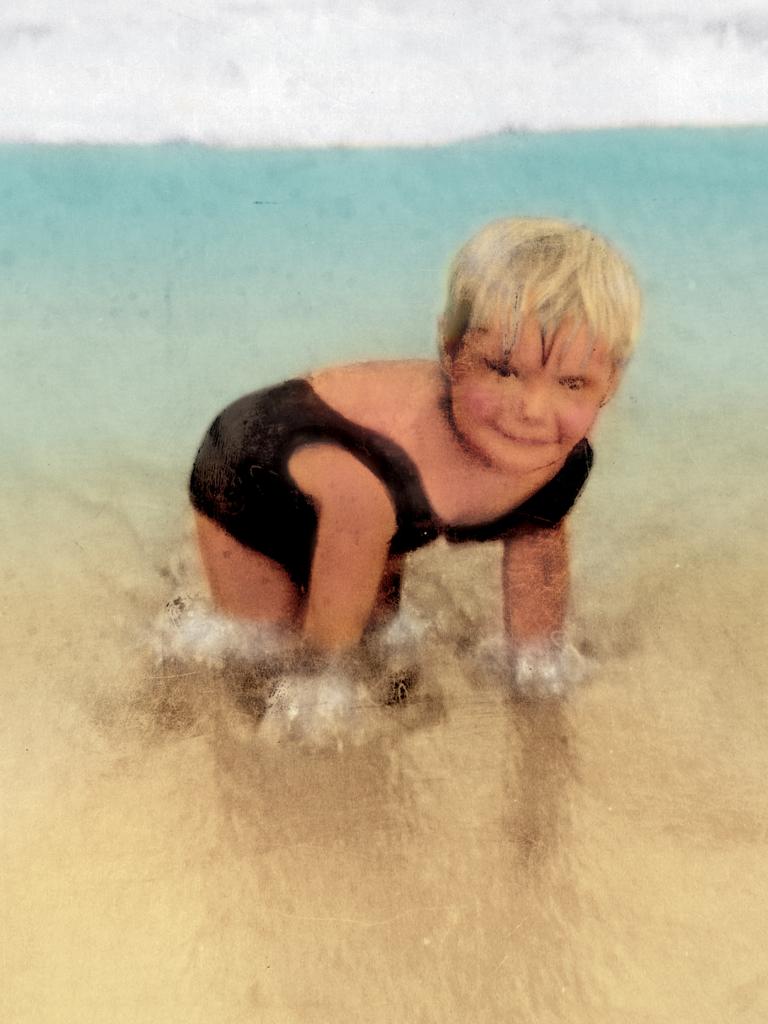
Having an adult or legal representative present during his interview may have gone a long way towards overcoming the unfairness.
It took just 90 minutes for the Director of Public Prosecutions to decide not to appeal a judge’s shock decision to exclude a murder confession – something Sanvitale and Cheryl’s family have never come to terms with.
While Sanvitale has spent the first four years of his retirement from the NSW Police Force gathering new evidence, a team of lawyers has been closely examining the Supreme Court ruling and believe there is a possible line of inquiry to have the matter brought back before the court.
In a letter to NSW Police with the assistance of Canberra barrister John Masters, solicitor Henry Marjason on behalf of Cheryl’s brother Ricki Nash, wrote: “This matter has an unfortunate investigative and prosecutorial history and understandably our client is not inclined to simply sit back and let nothing more happen while there is a person who has confessed to the murder of their sister.”
Raising the issue of the confession that was ruled inadmissable, the lawyers argue “the accused was known to authorities, had experience with police interviews and was only months away from becoming an adult at the time of the incriminating police interview. If he were interviewed nine months later then none of these issues would have arisen”.
The NSW Supreme court accepted evidence from psychiatrists, who relied on documents, never having interviewed the accused, that he was more vulnerable than an average
17-year-old.
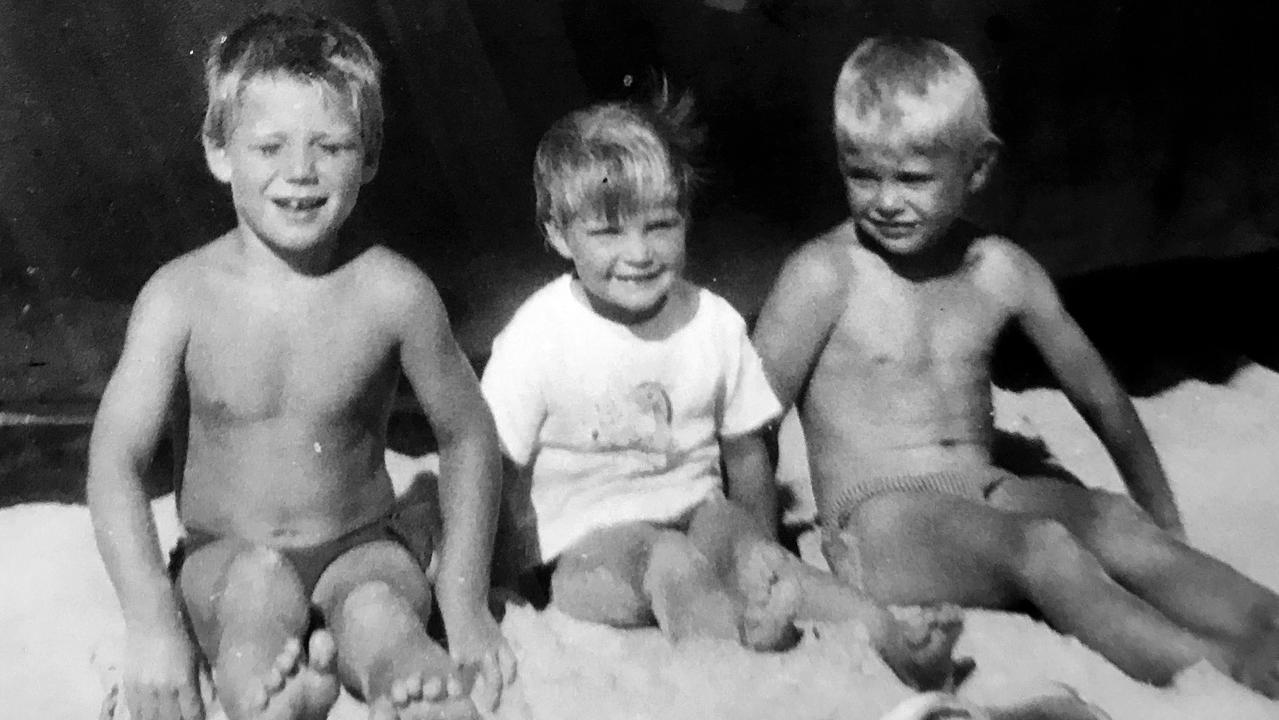
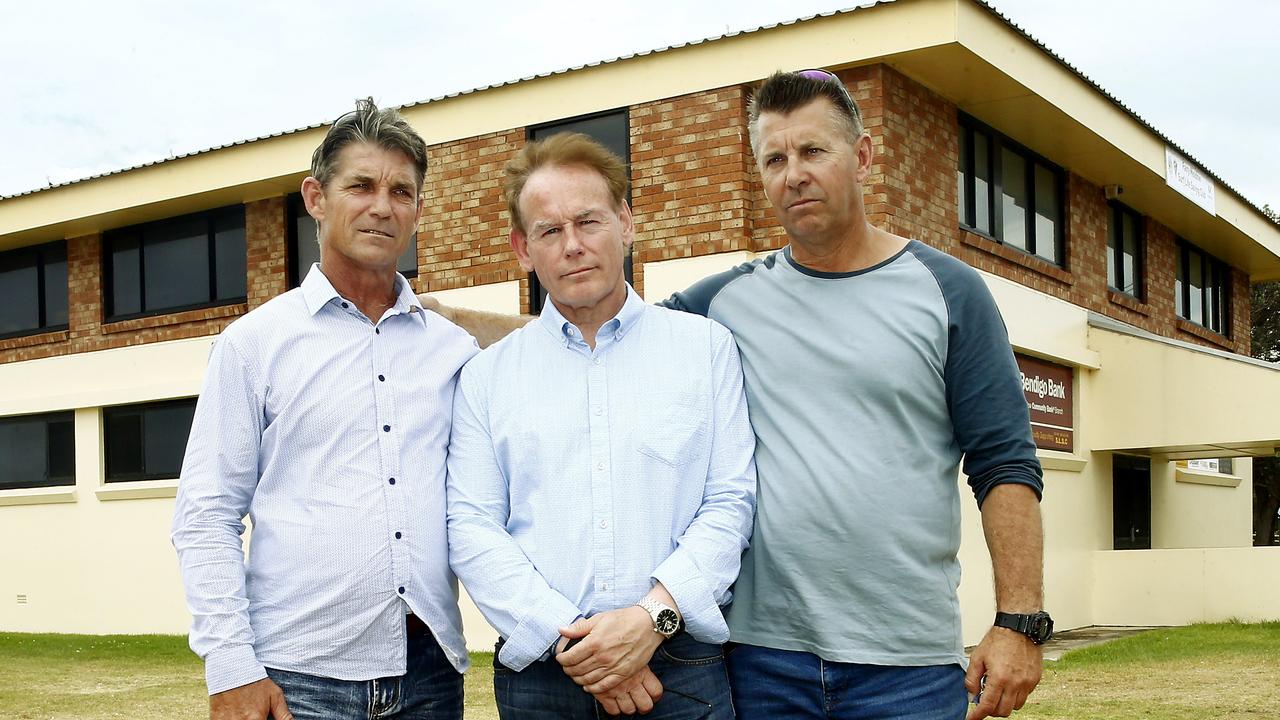
The legal team argues “the problem is that there was not a finding as to what age the accused did align with”.
“The psychologist who assessed the accused on 13th May 1970 concluded that he was of average intelligence,” the legal team argues.
“About 15th May 1970 he was examined by a psychiatrist who concluded that the accused was an immature, attention-seeking 16-year-old whose core problems centred on his relationship with his parents, particularly his stepmother.
“His repeated absconding from home was directly related to tensions in that situation. The final diagnosis was immature impulsive personality: exogenously depressed at present and utilising histrionic behaviour.
“Unlike the modern day psychologists, these experts did examine the accused.”
The lawyers contend that the conclusion of the court that the accused was more vulnerable than the average 17-year-old as a result of his disturbed upbringing was potentially a red herring.
“If, for example, he at the age of 17 fell within the vulnerability age bracket of a 15- or 16-year-old, this may not have affected material vulnerability for the purposes of the offending,” they say.
“If he displayed the competence of a 15-year-old should it have made any difference that he was 17 years of age? Criminality surely could have been considered in the context of the age bracket he was deemed to fall within.”
The lawyers have urged NSW Police to develop a detailed plan to further explore psychological and psychiatric issues focusing on overcoming the inability of the Crown to satisfy the Court that the evidence should be admitted.
“The rejection of the evidence essentially was brought about by limited contemporary opinions based on historic psychiatric records,” it said.

“One must not forget that there was no suggestion that there were psychological or psychiatric issues compromising the ability of the accused to engage in records of interview. It is not a case of this being the first instance that he was interviewed by police. Why was he more vulnerable on this occasion than he was when he was younger?”
The fact that the DPP discontinued the prosecution means police can pursue more detailed psychiatric evidence.
“We urge that you develop a detailed plan to more fully explore psychological and psychiatric issues that may overcome those concerns which resulted in having the most incriminating evidence being disallowed,” they ask.
The letter urged police not to forget the “haunting words” of his Honour when he said: “I accept that it is quite likely the accused realised he was confessing in clear terms that he abducted and murdered the little girl.”
For Cheryl’s brother Ricki, who was the last person to see the toddler alive that summer’s day, the case is clear cut.
“The person who has confessed has never tried to clear his name and never once complained about being incarcerated for near on two years while he awaited trial,” he said.
“Our family continues to fight to hear the truth.
“It seems some people have forgotten Cheryl was a little three-year-old girl that did not stand a chance against this evil that took her to sexually abuse her.
“Cheryl had more courage than this thing, she at least fought back, this evil coward continues to hide behind a law that should not apply to protect child murderers.”
Originally published as Cheryl Grimmer cold case: Retired cop believes he’s uncovered fresh evidence



